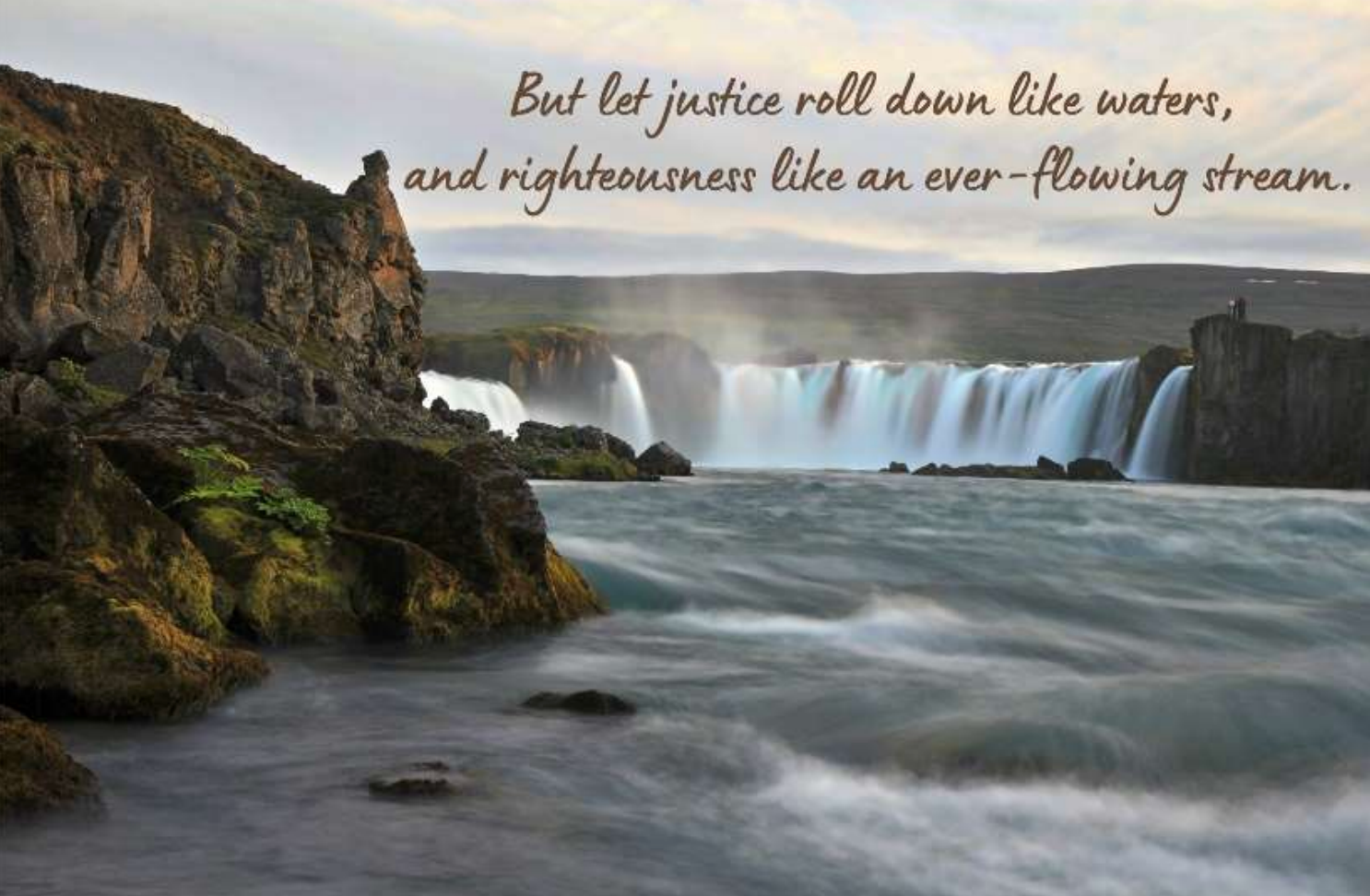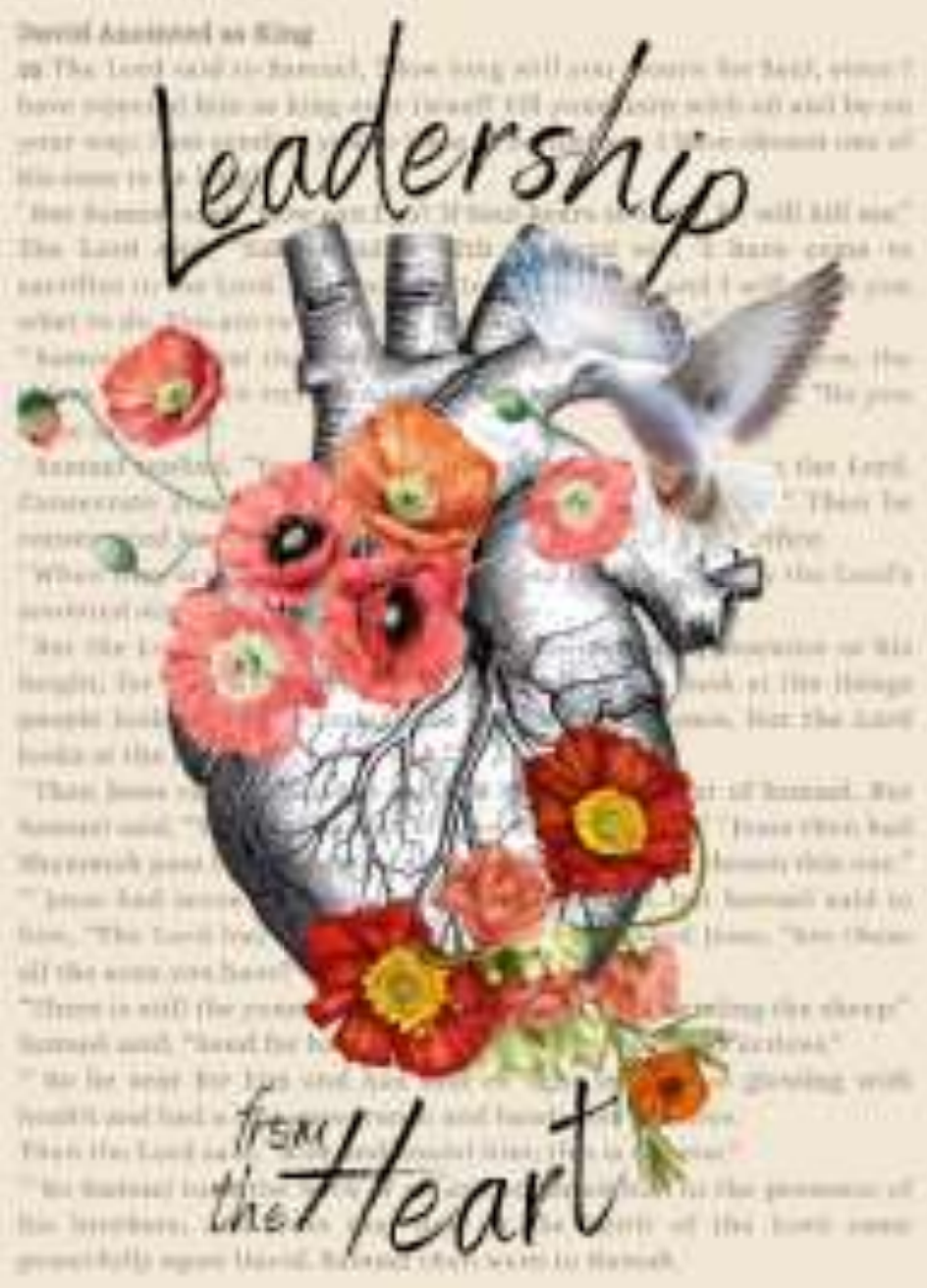Sermon 04.07.2024: Fixing Our Attention
Today begins a month of stories from the early, post-Easter church from the Book of Acts. In today's story, Peter and John heal a man outside the Temple. The man was begging for money. Peter offers him something else, if only he'll fix his attention to see it.
Scripture
Acts 3:1-16
One day Peter and John were going up to the temple at the hour of prayer, at three o’clock in the afternoon. And a man lame from birth was being carried in. People would lay him daily at the gate of the temple called the Beautiful Gate so that he could ask for alms from those entering the temple. When he saw Peter and John about to go into the temple, he asked them for alms. Peter looked intently at him, as did John, and said, ‘Look at us.’ And he fixed his attention on them, expecting to receive something from them. But Peter said, ‘I have no silver or gold, but what I have I give you; in the name of Jesus Christ of Nazareth, stand up and walk.’ And he took him by the right hand and raised him up; and immediately his feet and ankles were made strong. Jumping up, he stood and began to walk, and he entered the temple with them, walking and leaping and praising God. All the people saw him walking and praising God, and they recognized him as the one who used to sit and ask for alms at the Beautiful Gate of the temple; and they were filled with wonder and amazement at what had happened to him.
While he clung to Peter and John, all the people ran together to them in the portico called Solomon’s Portico, utterly astonished. When Peter saw it, he addressed the people, ‘You Israelites, why do you wonder at this, or why do you stare at us, as though by our own power or piety we had made him walk? The God of Abraham, the God of Isaac, and the God of Jacob, the God of our ancestors has glorified his servant Jesus, whom you handed over and rejected in the presence of Pilate, though he had decided to release him. But you rejected the Holy and Righteous One and asked to have a murderer given to you, and you killed the Author of life, whom God raised from the dead. To this we are witnesses. And by faith in his name, his name itself has made this man strong, whom you see and know; and the faith that is through Jesus has given him this perfect health in the presence of all of you.
Sermon Text
Last week, as we celebrated Easter,, we talked about being Resurrection people. In our culture, Easter is just a day. But in the church, Easter is a whole season that lasts until Pentecost, which is in May this year. In this season, we’ll be looking at what it means to be resurrection people.
One on level, resurrection does not make sense to us. The people we know die, and we do not see them again this side of eternity. Resurrection of our loved ones is a mystery to us right now. As Bruce Springsteen sings in Atlantic City, ‘everything dies, baby that’s a fact. Maybe everything that dies, someday comes back.’
(I saw the Boss again on Easter, so be warned you’re going to hear a lot of his song lyrics in the coming weeks.)
I once had a pastor who said that resurrection was nothing more than a person living on in our memories. I confess that’s never been a comforting idea to me. It feels like a cop out, like we’re cheapening resurrection. The empty tomb is not about our memories. I may not know what resurrection is, exactly, but I know it isn’t just warm feelings about someone we love after they die.
Our memories do matter, in our ongoing relationship with people who have died. I have moments all the time where I can picture what my mother or father would say in a particular situation because I can remember what they said in previous similar ones. It feels like they are with me when I hear music they loved, or find myself responding to a situation as they would.
A few weeks ago, when Anna Quindlen was speaking about her new book After Annie, where one of the main characters dies on the first page, she said that what while death is terrible, what would be tragic is if, when the people we love died, if they were extinguished in our memories.
It made me shiver when she said that. Our memories do matter. They are a comfort. And our memories are not resurrection.
Memories take us back to our past. Resurrection is about new life.
There’s a passage in Isaiah’s prophecy, where God says this:
“Do not remember the former things, or consider the things of old. I am about to do a new thing; now it springs forth, do you not perceive it? I will make a way in the wilderness and rivers in the desert. The wild animals will honor me, the jackals and the ostriches; for I give water in the wilderness, rivers in the desert, to give drink to my chosen people, the people whom I formed for myself so that they might declare my praise.” (Isaiah 43:18-21)
This ‘new thing’ God promises to do is categorically different than what we’ve known before, and different than we could create on our own. Clear paths through impenetrable wilderness. Wild animals bowing in obeisance. Rivers in the desert.
We don’t make our own resurrection, although we do have to participate in it. But it is bigger than us.
In our story from the Book of Acts today, we have a man who needed healing. Every day, someone would carry him to the gate of the temple so that he could beg for alms.
The best outcome any of them could imagine for the man was that he could collect enough donations from people entering the temple to be financially cared for. And that’s not nothin’.
I want to lift up his community. Every single day, someone made sure the man got to the temple gate so he could beg. That required care, coordination, effort. His healing happened because he had a community that was on his side.
In the stories of healing in my own life, this is true too. As I said last week, most of what I know of God I learned from the love and care of others, particularly in moments when I didn’t have the capacity or capability to solve my own problems.
His friends don’t heal him. They don’t even know healing him is a viable option. He’s a man who cannot walk and they provide for him the way they know how. And that is such an important part of this.
The care of his community brings the man to his place of resurrection.
“When he saw Peter and John about to go into the temple, the man asked them for alms. Peter looked intently at him, as did John, and said, Look at us.And he fixed his attention on them, expecting to receive something from them.”
Peter tells him he doesn’t have any money for him, but he tells the man who cannot stand up or walk to stand up and walk.
At this point, the man could have turned away. He needed money to survive. He didn’t need strangers telling him to do something he couldn’t do.
I wonder what it was he saw when he fixed his attention on them?
The disciples, as we know from the gospel accounts, were not superheroes like the Avengers. They were people like us. People who love Jesus and people who deny Jesus. In other words, they weren’t much to look at. Just normal people. Later in Acts, they are described as “uneducated and ordinary men”. (4:13)
But Peter and John had seen some things in recent days. After Peter denies Jesus, after Jesus dies, after the women tell the crazy story of the empty tomb, in John’s Gospel Peter and John race to the tomb to see for themselves. Peter later encounters Jesus —-who was dead—cooking fish for them on the beach. The formerly dead Jesus asks Peter—do you love me? Feed my sheep. Do you love me? Tend my flock.
Peter and John may not be tall, strong superhero types, but they have experienced impossible things, and it has fixed their attention. They know what to be looking for now. They know new life is possible, no matter how impossible it may seem.
I suspect the man by the temple gate fixed his attention on them, expecting to receive something from them, because of something in Peter’s voice, showing his love for Jesus by tending to a lamb of Jesus’ flock. In the name of Jesus Christ of Nazareth, stand up and walk.
Resurrection looks different for each of us, this side of eternity.
For the man at the gate, he somehow recognized that what he’d been wanting—alms for the poor and lame, given at the temple gate—was not what he actually wanted, which was healing.
In that moment, he fixed his attention.
I bet, if there were people nearby who knew the man, and who heard Peter say that, they would have been mad at Peter. “Who do you think you are, playing with the hopes of this poor man?”
I suspect that might have been me. Because it’s easy to know only what you know. “I’m one of his friends who brings him here every day to beg for money. What kind of ideas are you trying to put in his head?”
But the man stood up. “And Peter took him by the right hand and raised him up; and immediately his feet and ankles were made strong. Jumping up, he stood and began to walk, and he entered the temple with them, walking and leaping and praising God.”
This man’s whole life was spent at the gate outside the temple. His first act, upon being able to walk, was to enter the temple, praising God. With his fixed attention, he recognized that what had happened to him was not his own doing, and that it wasn’t even Peter and John’s. It was in the name of Jesus of Nazareth that he was healed. And so he goes to the temple to give praise to God.
Jesus was just handed over to the Romans by his own people, who didn’t recognize him as God’s son. But in this moment of fixed attention, the man understood who Jesus was, and what his connection was
to God. He knew he could only have been healed in the name of Jesus if Jesus was connected to the God who had been promising a new thing since the time of the prophet Isaiah.
In many of the healing stories in the gospels, when people are healed by Jesus, they are often unrecognizable to their community. The formerly lame, leprous, or demon possessed people have to tell their community—no, it’s me, I’m the blind man, it’s me!
In this story, though, we’re told: “All the people saw him walking and praising God, and they recognized him as the one who used to sit and ask for alms at the Beautiful Gate of the temple; and they were filled with wonder and amazement at what had happened to him.”
This new life the man has been given doesn’t make him unrecognizable to the people who knew him. I’m not entirely sure why that is. Maybe on the other side of Easter, even people who weren’t sure who Jesus was had enough questions in their hearts about who he might be, that they were able to fix their attention on healing better than they could before Easter. I don’t know. But I wonder.
+++
And then Peter preaches. In seminary, we’re taught to preach from our scars, not from our wounds. In other words, we aren’t to put our congregations in the place of having to take care of the preacher during the sermon. Most of the time, at least. Here, Peter preaches from his wounds.
He’s still deep in grief about the events of Holy Week. None of it has healed.
“You Israelites, why do you wonder at this, or why do you stare at us, as though by our own power or piety we had made him walk? The God of Abraham, the God of Isaac, and the God of Jacob, the God of our ancestors has glorified his servant Jesus, whom you handed over and rejected in the presence of Pilate, though Pilate had decided to release him. But you rejected the Holy and Righteous One and asked to have a murderer given to you, and you killed the Author of life, whom God raised from the dead. To this we are witnesses. And by faith in his name, his name itself has made this man strong, whom you see and know; and the faith that is through Jesus has given him this perfect health in the presence of all of you.”
Yeah, Peter’s preaching from his wounds. And maybe we ought to do that more. He’s FIRED UP.
Peter remembers, and he wants them to remember, that their very own prophets had been preparing the way for Jesus and they didn’t fix their attention. He wants them to remember that their rejection of Jesus led to the death of an innocent man while they in the crowd asked for a murderer to be released.
And as soon as he’ll finish this sermon, he’ll be arrested. We’re also told “many of those who heard the word believed, and they numbered about 5,000.”
As we’re think about what it means to be resurrection people, it may be helpful to remember it isn’t popular, or even safe, to proclaim resurrection in a world that traffics in death. Proclaiming new life, even the possibility of it, seems foolishness to the wisdom of the world, as Paul describes in one of his letters.
What does it mean for us to be resurrection people?
First of all, you’re here. You could be doing many other things on this beautiful day and you’ve chosen to be here. This is part of being resurrection people. Showing up to worship, to learn, to be in community is part of what we do to fix our attention so we can see God, and so we can carry others to the gate so they can see God.
We’ll gather around the Table, the place where only recently, Jesus had gathered with his disciples the night before he was betrayed. At the Table, we fix our attention on the way we are fed and nurtured into new life.
It is helpful to pay attention to which characters in the biblical story resonate the most with our lives.
Some days, we are the friends who faithfully carry their neighbor to the gate of the temple.
Some days, we are the person who needs their neighbors to carry them.
Some days, we are the crowd, surprised by wonder and convicted by Peter’s sermon.
Occasionally, we are Peter and John, speaking with such conviction from our wounded places that others are able to better know God.
There are maybe even days when we are the religious authorities trying to arrest people who testify to new life.
This week, I invite you to think about which part of the story resonated the most with you, right now, at this moment of your life. And wherever that is, may we fix our attention on the people and places in our world where God is doing a new thing.
Amen.











